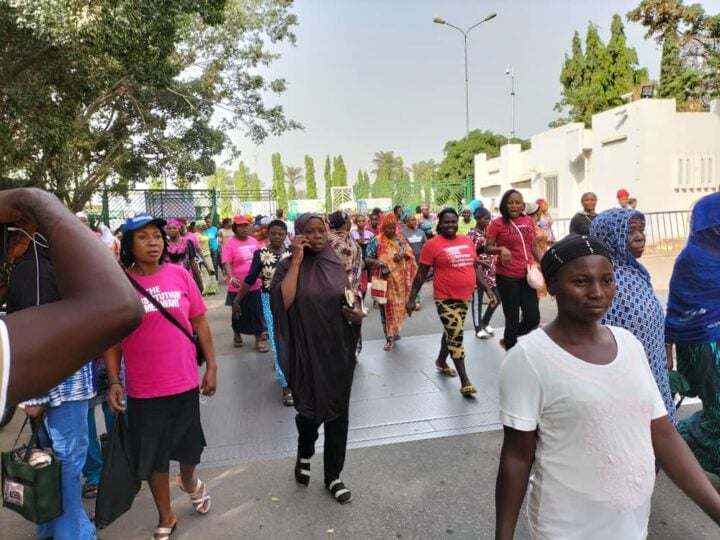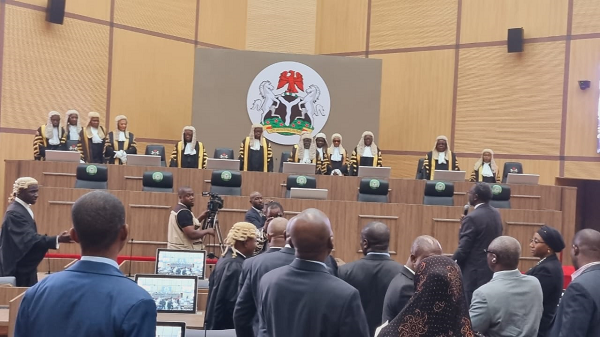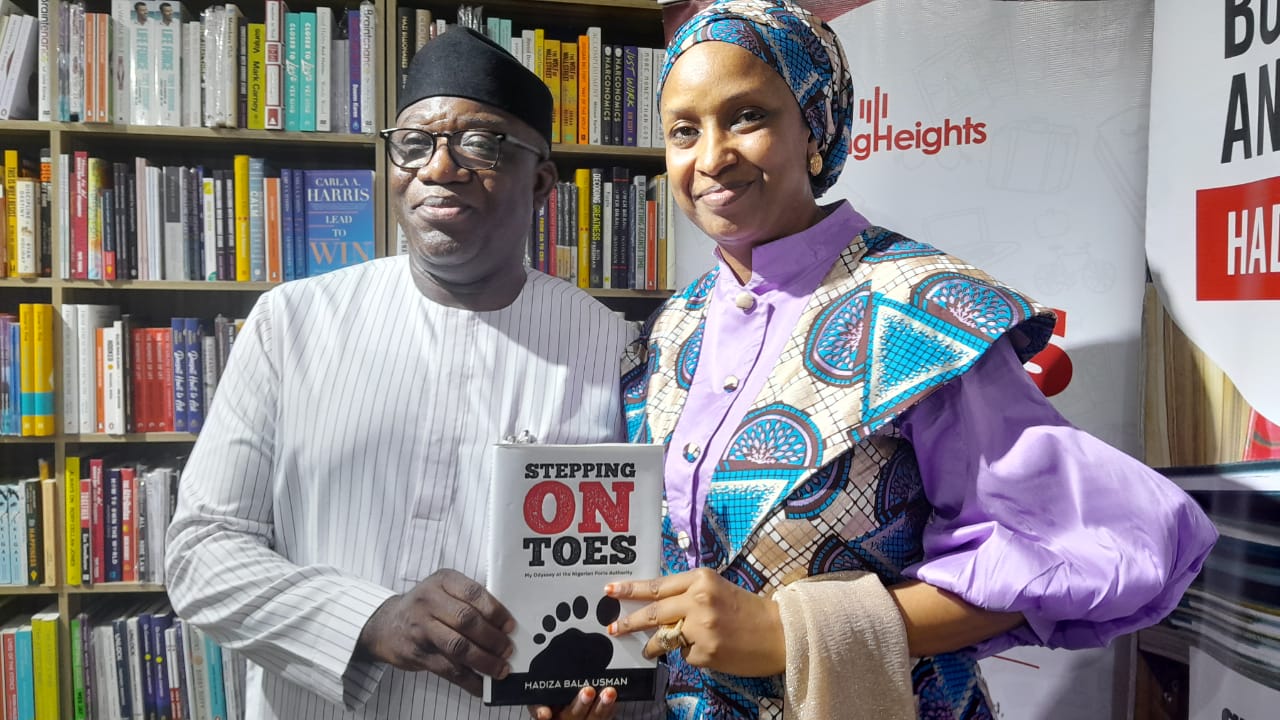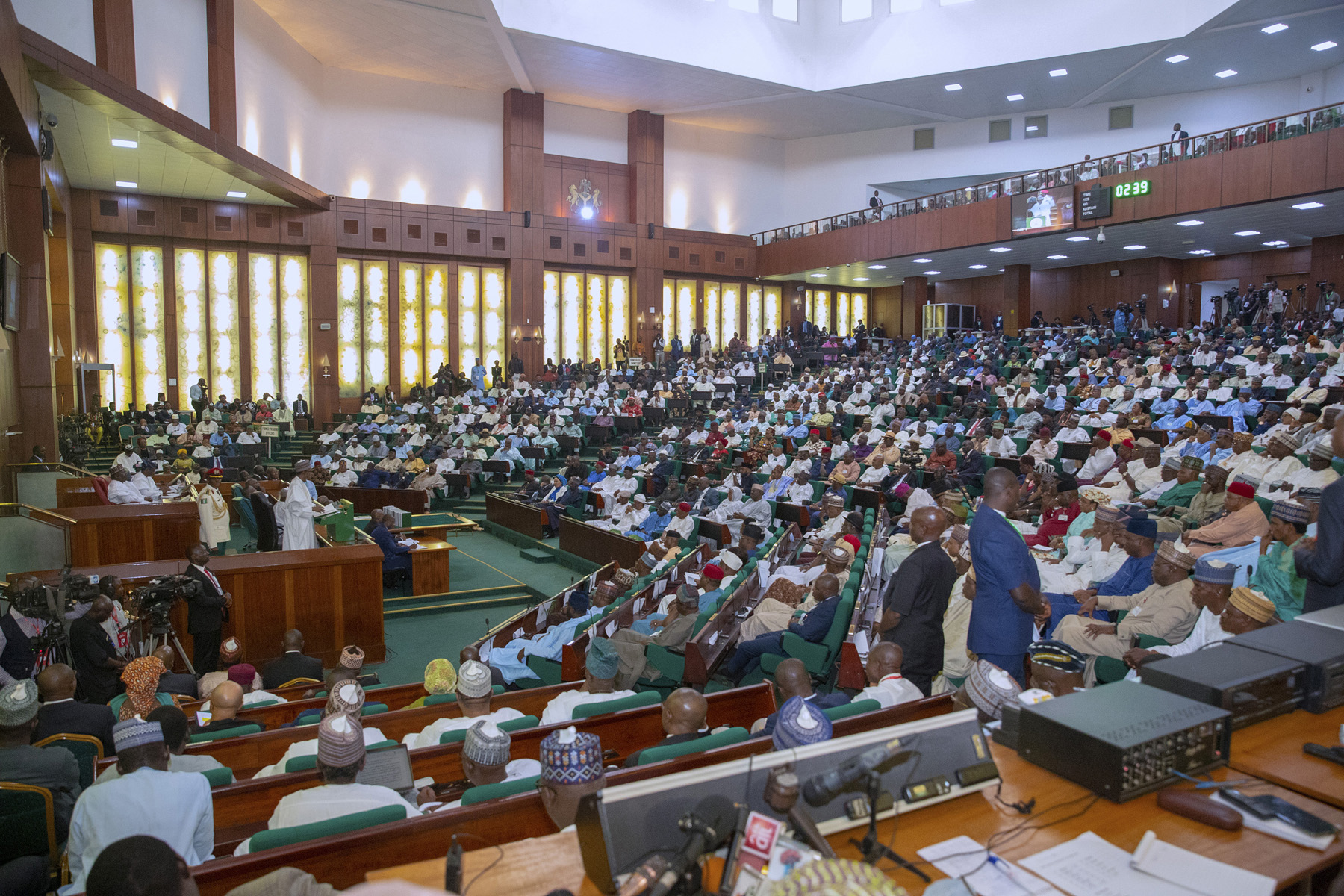BY MUYIWA ADEKOJEDE
A 2022 United Nations (UN) report stated that it could take close to 300 years to achieve full gender equality. The report showed global crises negatively impacted women’s lives regarding income, education, and health. Worldwide, gender inequality is worsening, and the longer we delay taking corrective action, the worse it gets. To address gender inequality, how families and society imagine a girl’s capability needs to change. Establishing a gender-sensitive education system and appointing more women to political positions would help close the gender gap.
In 2017, the World Bank reported that over 41,000 girls were forced into child marriage every day. Such early marriages are mainly due to how society and parents perceive girls. For instance, in Nigeria, many people view girls as inferior to boys and expect them to prioritise domestic duties over education and career pursuit. People who do that tell their girl-child what they can and cannot do. Parents need to teach girls they have the right to a voice, a say, a choice, and a life of their own. Parents also need to teach girls that societal expectations do not limit them. Such an effort would help girls feel empowered.
Parents must break these stereotypes by encouraging girls to seek careers in male-dominated fields. Girls should pursue science, technology, engineering, and mathematics (STEM) degrees. Parents should encourage their girls to attend and participate in STEM hackathons and scholarships. Such practices could motivate girls to bridge the male-dominated gap in science. Teachers could also liaise with accomplished women in STEM to mentor young girls. The mentorship experience would help them learn their potential in STEM.
Advertisement
The Nigerian government should incorporate gender-sensitive curricula and teaching materials in primary and secondary education. A gender-sensitive curriculum considers all genders’ diverse needs and experiences to promote gender equality. Evidence shows that the current curricula in primary and secondary schools in Nigeria are gender-biased, as they often reinforce gender stereotypes and unequal gender roles.
For example, most textbooks used at the basic educational level depict men as breadwinners and women as homemakers. The government must integrate more women with success stories into primary, secondary, and tertiary school subjects. The gender-sensitive initiative will help girls and boys see the balance in gender roles.
In politics, women are underrepresented. According to a UN report, only 28 out of 195 countries had female heads of state in 2022. Effective political education can help achieve numerical political equality, particularly in Nigeria, where patriarchy and cultural norms reward stereotypical gender roles. Successful politicians could train young women in public speaking, networking, and setting goals. Political parties can also organise retreats for women to bond, share ideas, and strategise to build strong coalitions.
Advertisement
A quota system can also help increase women’s representation in political office. The government could reserve a certain percentage of high-level governmental positions for women. For example, the president and state governors could ensure that women constitute at least 30 percent of their appointed cabinet members, such as ministers, commissioners, heads of agencies and parastatals, special advisers, and ambassadors.
Gender equality initiatives have yielded positive results in some African countries, such as Rwanda and Burundi, where women’s representation in political office has significantly increased.
With the support of Nigerian national assembly legislation, the Independent National Electoral Commission could mandate political parties to submit candidate lists at the local level that include at least 25 percent females. A politically targeted gender equity policy will open women to positions such as councillors, heads of service, and directors of departments in various local government areas. Parties that defy the gender equity policy should face a fine or ban for some time. That could encourage adherence to the gender equity policy.
To ensure sustainability, the office of the Nigerian president must establish a gender equality commission backed by an act of parliament. The commission should consist of experts in gender equality and politics from civil society, academia, and government. At all three levels of government, the commission should monitor appointments to ensure gender parity.
Advertisement
Clearly stating the gender equality commission’s funding and resources in its establishment bill would help it function properly as an independent body. Therefore, the commission can make decisions based on the best interests of women and girls in Nigeria, free from political interference.
The long-term goal of gender equality requires comprehensive and sustained efforts. Ensuring gender-sensitive education, changing attitudes toward girls and women, and increasing the representation of women in political office will go a long way to achieving gender equality. Ultimately, long-term commitments with sustained efforts can eradicate gender inequality.
Muyiwa Adekojede is a writing fellow at African Liberty.
Advertisement
Views expressed by contributors are strictly personal and not of TheCable.
Add a comment






